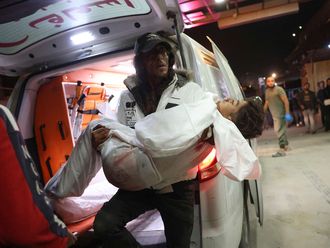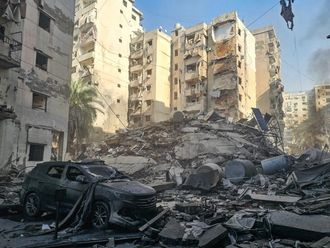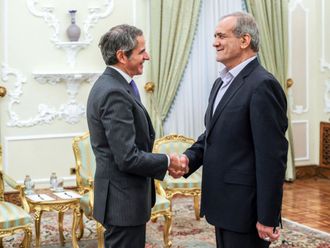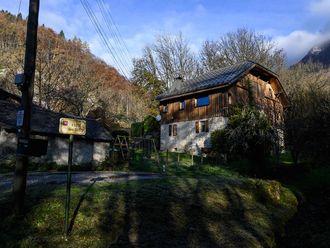Beirut: The international envoy for Syria fears the country could turn into a new Somalia unless its crisis is resolved, warning of a scenario in which warlords and militia fill a void left by a collapsed state.
In an interview with the London-based Al Hayat newspaper, veteran Algerian diplomat Lakhdar Brahimi played down the risk of sectarian and ethnic partition of Syria, but said: “What I am afraid of is worse ... the collapse of the state and that Syria turns into a new Somalia.”
The Horn of Africa country has been without effective central government since the outbreak of civil war in 1991.
“People are talking about the risk of partition in Syria. I do not see partition,” said Brahimi, who was appointed as UN-Arab League envoy to Syria in August to replace former UN Secretary-General Kofi Annan.
“I believe that if this issue is not dealt with correctly, the danger is ‘Somalisation’ and not partition: the collapse of the state and the emergence of warlords, militias and fighting groups.”
Brahimi’s job is complicated by international and regional differences on how the 19-month-old conflict should be resolved.
It began as a peaceful uprising against President Bashar Al Assad’s rule, inspired by revolts against leaders in other Arab states. But an armed struggle developed within months as Al Assad deployed military force to quell protests.
Asked how long the conflict could go on, Brahimi said: “Everyone must face a bitter, difficult and scary truth: that this type of crisis - if not dealt with correctly day by day - can go on for a year, two years and more.”
“I hope that it doesn’t go on for this period, and it might not if everyone inside and outside [Syria] does what he should.”
Speaking in Cairo on Sunday, Brahimi called on world powers to adopt a UN Security Council resolution based on an understanding brokered by Annan in Geneva in June which called for the establishment of a transitional government in Syria.
Russia and China have blocked three previous draft UN Security Council resolutions that would have added to international pressure on Al Assad. The Geneva Declaration did not specify what role, if any Al Assad would play in a future Syria.
Brahimi said: “Yes, the Security Council is divided. What is required is that the Geneva agreement be translated into a resolution.”











